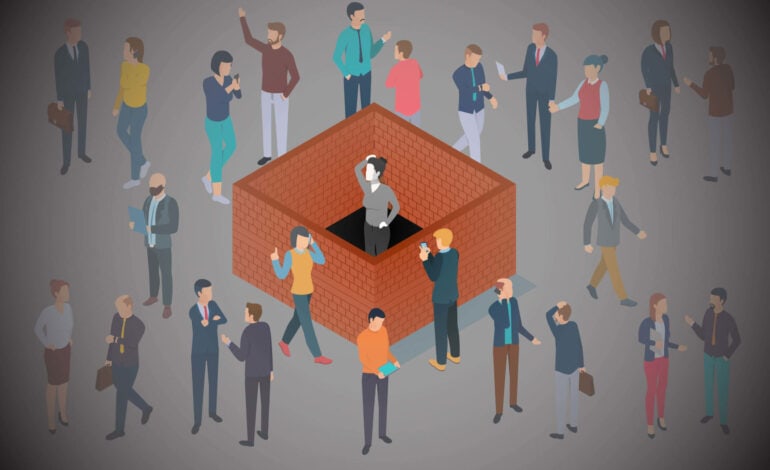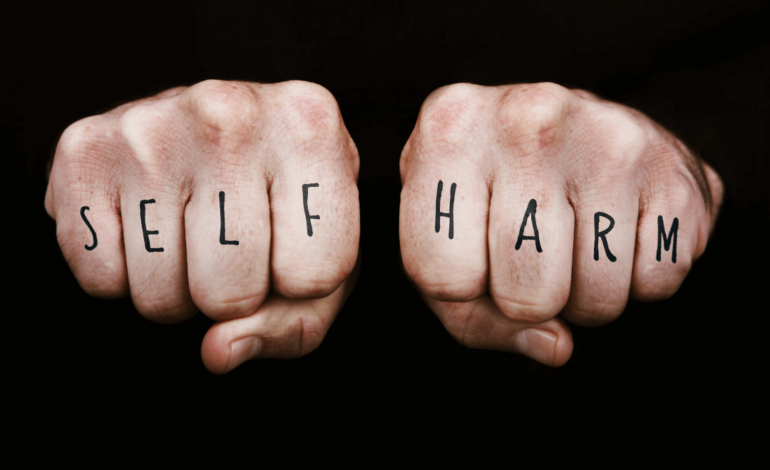The Role of Labeling & Stigmatization. It seems, labels such as “alcoholic,” “addict,” “junkie,” “user” are often used interchangeably for individuals struggling with substance use disorder or for those in recovery.
We hear phrases such as “He is an alcoholic.” “She is a heroin addict.” in everyday conversations, in movies, and on social media.
Regardless of the intention behind these phrases. These negative connotations do more harm than good.
Why You Should Never Call Someone an Alcoholic
Stigma, for instance, remains one of the most significant barriers to addiction treatment. Many individuals are nervous to open-up about their addiction.
Whether it is an alcohol use disorder or opioid use disorder, as they are afraid to be looked down upon by society.
Hence, the language we choose when talking about addiction and mental health can either break down these barriers or worsen the stigma.
Terms such as “addict,” “junkie,” and “alcoholic” can be viewed as insulting, creating a sense of helplessness and shame.
As a result, these labels are no longer the preferred terminology used by addiction professionals, addiction societies, and addiction treatment programs.
Labeling The Individual Instead of The Disorder
Substance abuse disorders are seen as diseases, just like diabetes and heart disease. They are multifactorial, meaning that many underlying causes contribute to their origin.
Biological, psychological, and social triggers can all lead to the development of a substance abuse disorder.
For instance, an individual who may have undergone extensive surgery, was prescribed painkillers and later developed an addiction to opioids, simply because they had a genetic predisposition to addiction.
Individuals with underlying mental health disorders may treat their psychological pain with alcohol or drugs because they are too ashamed to see a doctor.
Whether an individual is dealing with underlying trauma, extreme stress, untreatable physical pain, or an undiagnosed mental health disorder.
The reasons why addiction occurs are much deeper than one may think or assume. The addiction is always separate from the individual.
Just like diabetes or heart disease, an individual should never be labeled because of their disorder. These labels eradicate their human perspective.
We are further assuming that the individual has a permanent disease that cannot be changed.
These stigmatizing labels do not make the distinction between the individual and the disorder, thereby robbing the individual of dignity and humanity.
Appropriate Terms When Talking About Addiction
In past years, the terms “addict,” “junkie”, “user,” and “alcoholic” were accepted by society and even addiction professionals.
However, in recent years, there has been a significant shift in acknowledging that addiction is a disease.
As a result, treatment professionals are working towards making a clear distinction between the individual and the disorder.
A woman that has been diagnosed with alcohol use disorder can have a whole other life besides her addiction.
She could be a mom, a sister, a working professional, and a wife.
As a result, our society is adopting appropriate language that labels the disorder, instead of the person.
Terms such as “an individual with an alcohol use disorder” has replaced “alcoholic.”
The following are stigmatizing terms that have been replaced by more appropriate terms when referring to substance abuse and recovery.
- Sober vs. addiction-free
- Alcoholic vs. alcohol use disorder
- Addict/junkie/user vs. individual with a substance abuse disorder
- Drug habit vs. substance use disorder
- Clean vs. in recovery
Making A Positive Change
As a community, it is essential that we are mindful of our words. Our language is a crucial aspect of the mental health and addiction world.
Regardless, if we are having conversations with close friends or serious discussions with our co-workers.
Taking the time to be more mindful of our wording can lessen the stigma associated with mental health and addiction.
AKUA Mind and Body is substance abuse and mental health treatment center that offers detoxification, intensive treatment programs, and outpatient treatment programs for individuals who are struggling with a substance use disorder.
A multidisciplinary treatment team is available to treat each client’s individual needs with the utmost professionalism and compassion. Regardless of where you are in your recovery process, AKUA Mind and Body can help.




